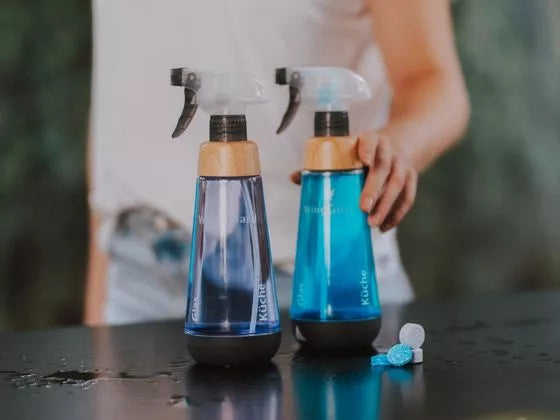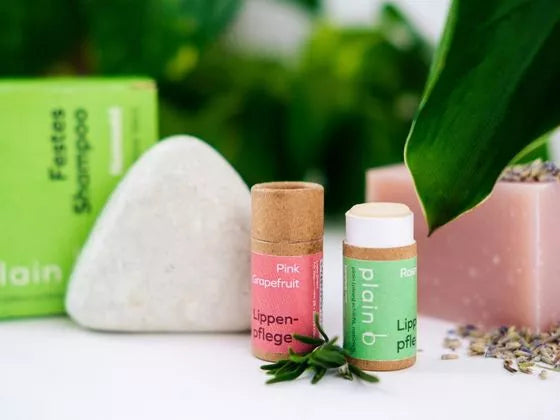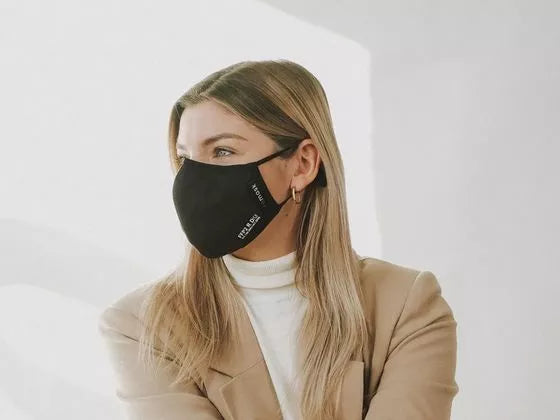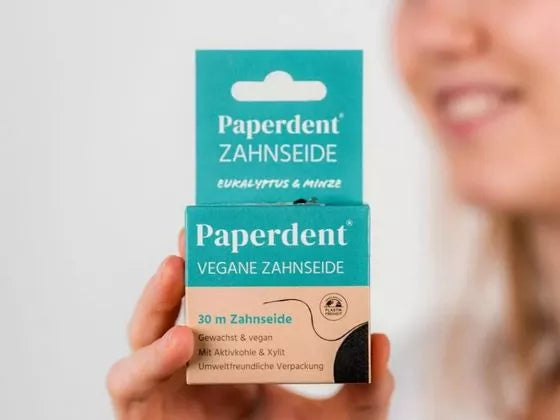In contrast to conventional disinfectants, which kill bacteria and other germs with a high alcohol content or dangerous chemicals, the Fine Guard products are water-based and, thanks to SteriPro technology, work mechanically and not chemically. As soon as the Fine Guard products have dried, a monomolecular layer of positively charged and electron microscopically small needles forms, which pierce the germ envelope and thus kill the germs - basically the same principle as a pin that bursts a balloon. And just as the burst balloon cannot be reinflated, neither can the pathogens regenerate. This protective layer bonds to the respective surface over a long period of time, which is made possible by the silane base of the electron microscopically small needles.
Simply apply Fine Guard ReineFlächen to the respective surface using the spray head and, if necessary, distribute with a clean cloth. After drying, the antimicrobial layer has fully developed.
Fine Guard Clean Surfaces and Clean Hands ensure long-lasting protection after just one application and after drying. ReineFächen keeps surfaces germ-free for at least 21 days and CleanHands your skin for up to 24 hours.
Yes, you should even do this, since ReineFächen can only kill the pathogens if there is direct contact. However, this is not possible with heavily soiled surfaces, so you should make sure that you continue to remove dirt. You can easily remove this with water or even other cleaning agents, the effect of clean surfaces is not impaired.
All substances have some degree of toxicity (even water can be toxic in certain amounts). The Fine Guard products in the liquid state have a "toxicity rating" similar to that of vitamin C and are therefore safe for use in the human, animal and plant environment.
Apply Fine Guard Clean Hands generously to hands and rub gently and completely until hands are dry.
No. It forms an antimicrobial barrier on the skin and does not stain clothing or discolour the skin.
No. Normal washing of hands and drying with a towel does not affect the effectiveness. Only when your top layer of skin is renewed does the effect of Clean Hands also disappear, which happens after about a day.
No. Unlike other hand sanitizers that contain up to 75% alcohol (which removes natural oils and thereby dries out the skin), Clean Hands has a mild, alcohol-free formulation.
No. CleanHands does not inhibit the normal functioning of the skin. The antimicrobial layer created when applying Fine Guard Clean Hands bonds to the skin while still allowing it to "breathe" normally.
No. Once CleanHands has dried, it remains effective until the skin naturally flakes off. Intermittent use of alcohol does not affect the effectiveness of Fine Guard Clean Hands.
Yes. Fine Guard ReineHands was dermatologically tested in Germany with various skin types - no reactions were found.
Yes, of course you can wash your hands without hesitation after applying CleanHands. Even disinfectants do not affect the effect. However, you should reapply CleanHands the following day, as the protection is lost through the natural loss of the top layer of skin.
Spray the FabricBooster evenly onto the textile or fabric of your choice and let it dry. You can reapply the FabricBooster periodically.
No, the FabricBooster does not normally lead to discoloration of textiles and fabrics. If you are unsure and want to treat a very sensitive fabric, you should first test the FabricBooster on an inconspicuous area.
Yes. The SteriPro technology, which is responsible for the antimicrobial effect of Fine Guard disinfectants, has been confirmed in over 100 studies by accredited laboratories from all over the world.
Fine Guard CleanHands has been tested in several independent laboratories and has passed EN 14476, EN 1500, EN 1276, EN 13727, among many other antimicrobial efficacy tests.
The effect of Fine Guard ReineFächen has also been examined in several independent laboratories and has passed EN 14476, PAS 2424, EN13697, EN1276, EN1650, among many other antimicrobial effectiveness tests.
Do you have any questions?
...then write to us!





